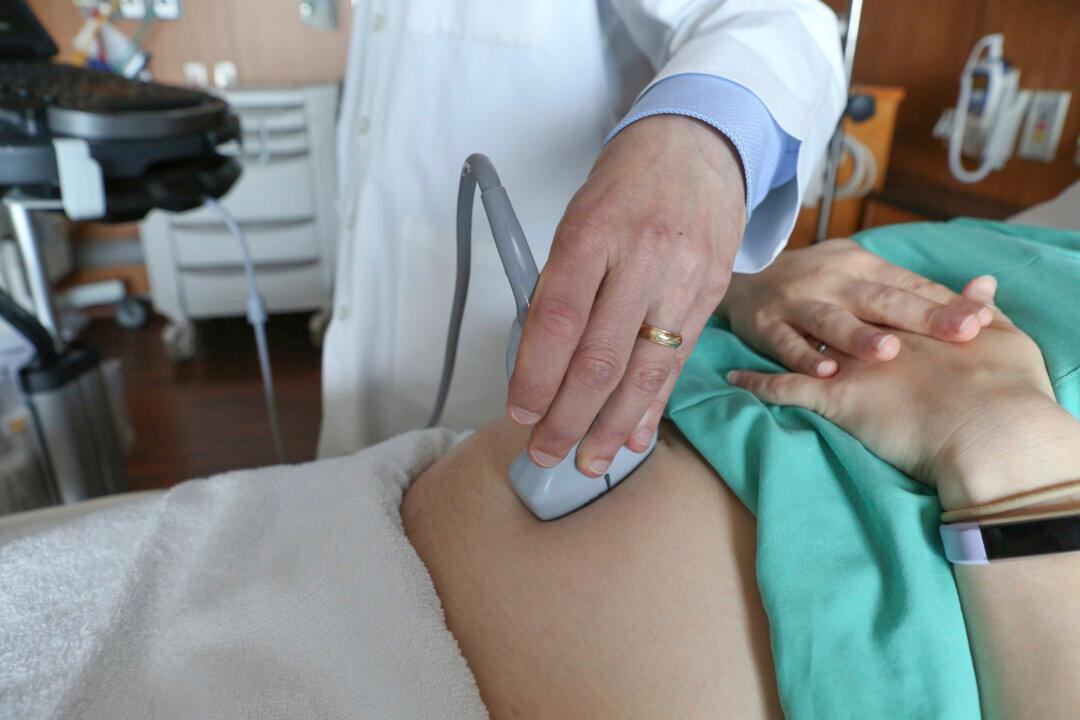A new law going into effect in Indiana on Jan. 1, 2021, will require that pregnant women seeking an abortion have an ultrasound performed at least 18 hours prior to undergoing the procedure, Attorney General Curtis Hill announced on Twitter.
“For women considering abortions, ultrasounds are an important part of informed-consent counseling. Anyone interested in protecting women’s health, including their mental health, should support giving them as much information as possible to aid their decision-making,” Hill wrote on Dec. 31.




